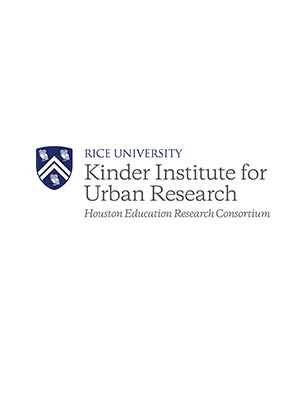The number of long-term English learners (LTELs) in Texas has increased by 90% in the last decade. LTELs are students who have not reclassified as English-proficient after five years in school. This research brief examines student-, campus-, and neighborhood- characteristics that can be considered risk or protective factors for the likelihood of an English learner (EL) becoming LTEL, with the goal of helping school districts identify which students may be at-risk of becoming LTEL.
The report utilizes data from 10 public school districts in the Houston area and builds on several of its previous studies examining English learners and LTELs.
Key findings include:
Risk and Protective Factors
- The strongest risk factors for becoming LTEL included grade retention and special education status at any point during elementary school.
- The strongest protective factor against becoming LTEL was entering first grade with higher English comprehension.
EL Program Type
- Participating in two or more EL programs was associated with an increased risk of becoming LTEL, regardless of program type.
- For students who remained in one program during elementary school, students who participated in either a dual-immersion or a bilingual program had a lower likelihood of becoming LTEL than ELs who participated in an ESL program.
- EL program type mattered differently for students in lower and higher economically disadvantaged campuses.
Photo: Kuanish Reymbaev/Unsplash





